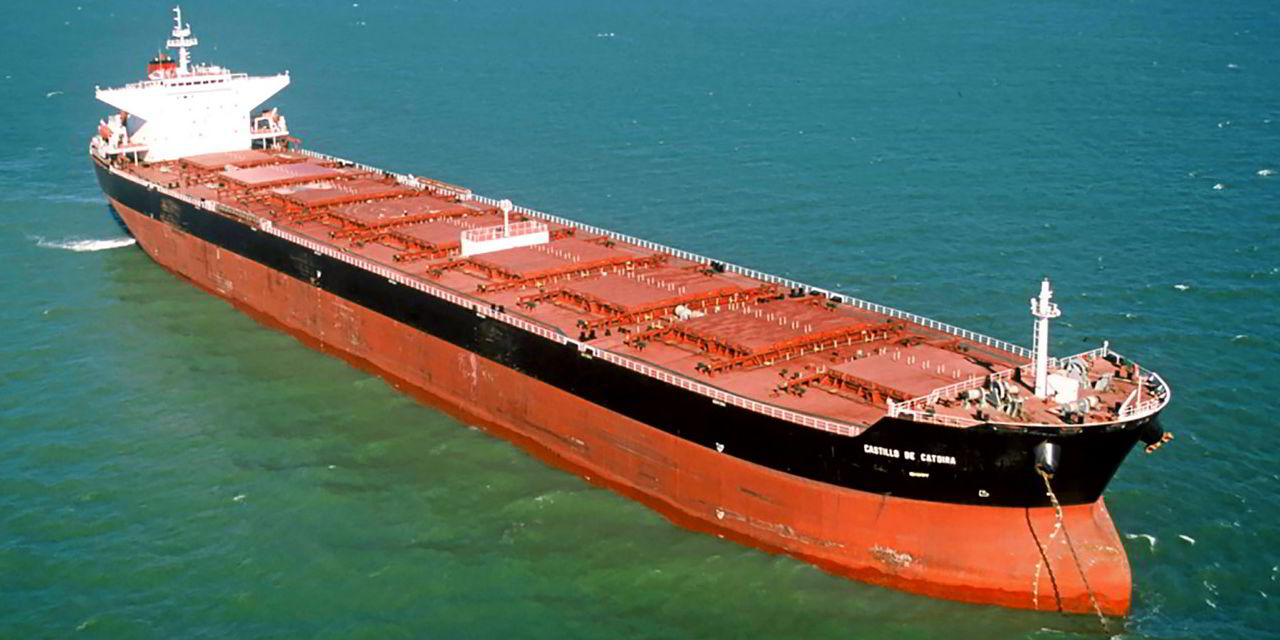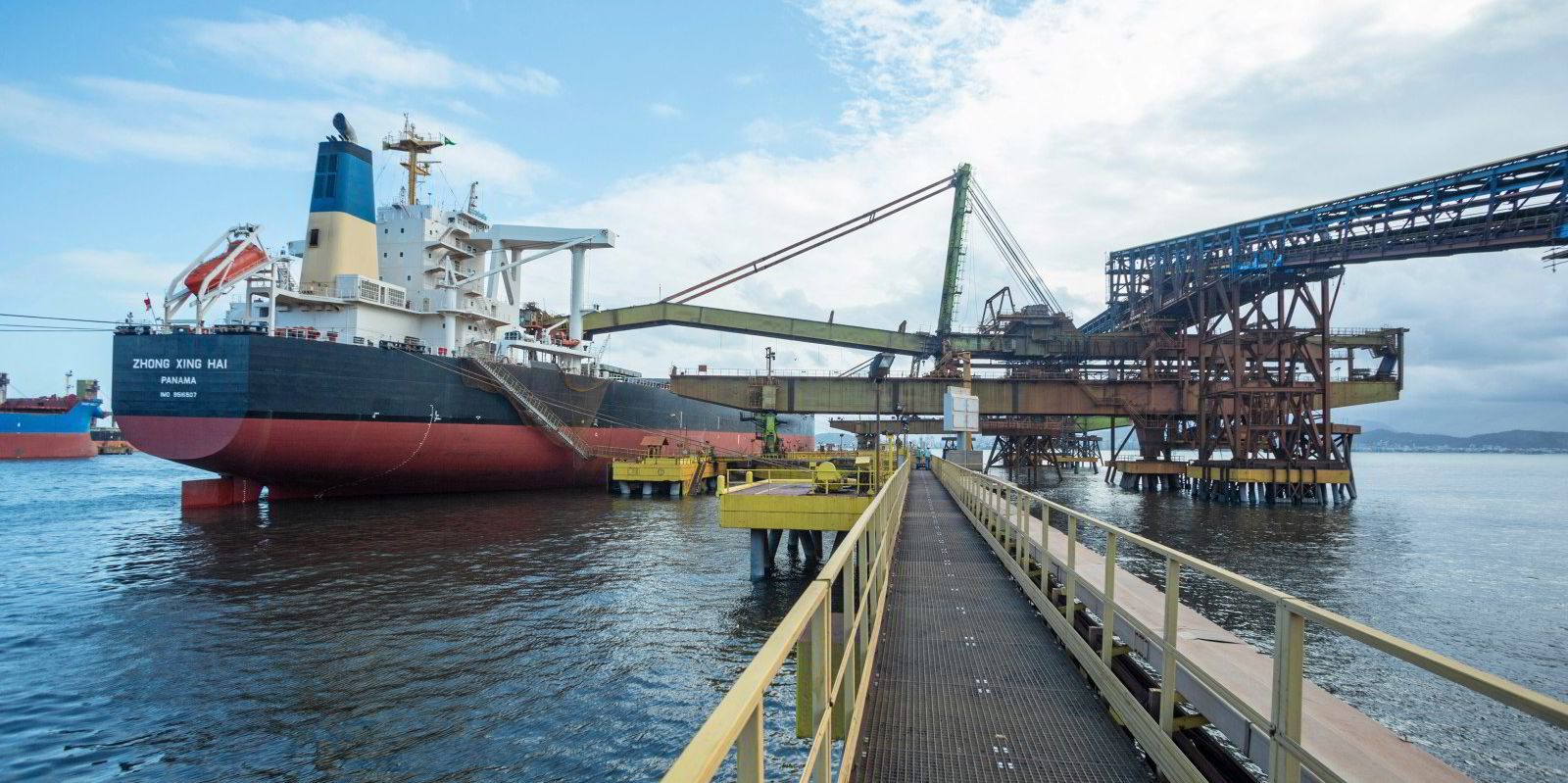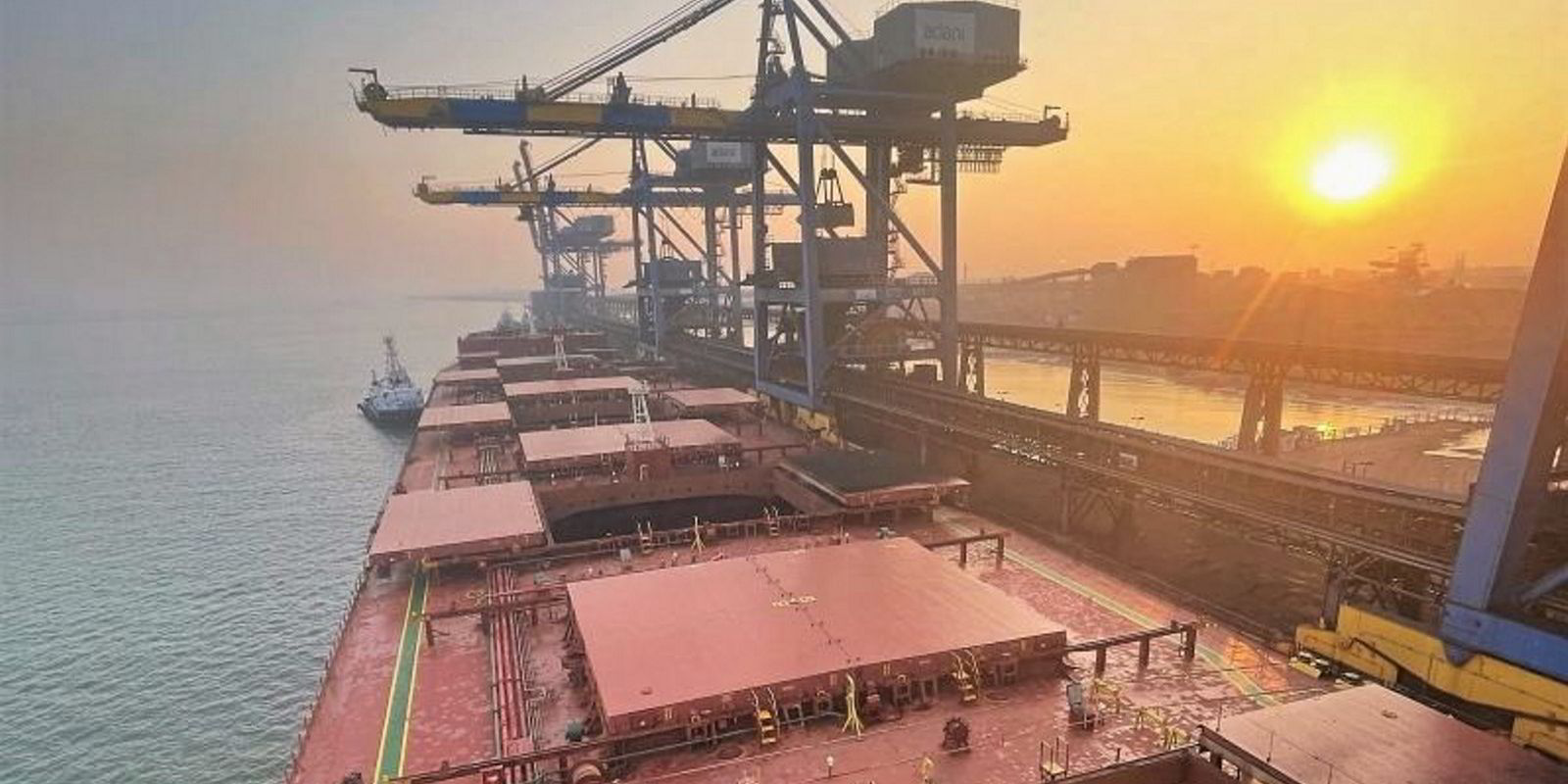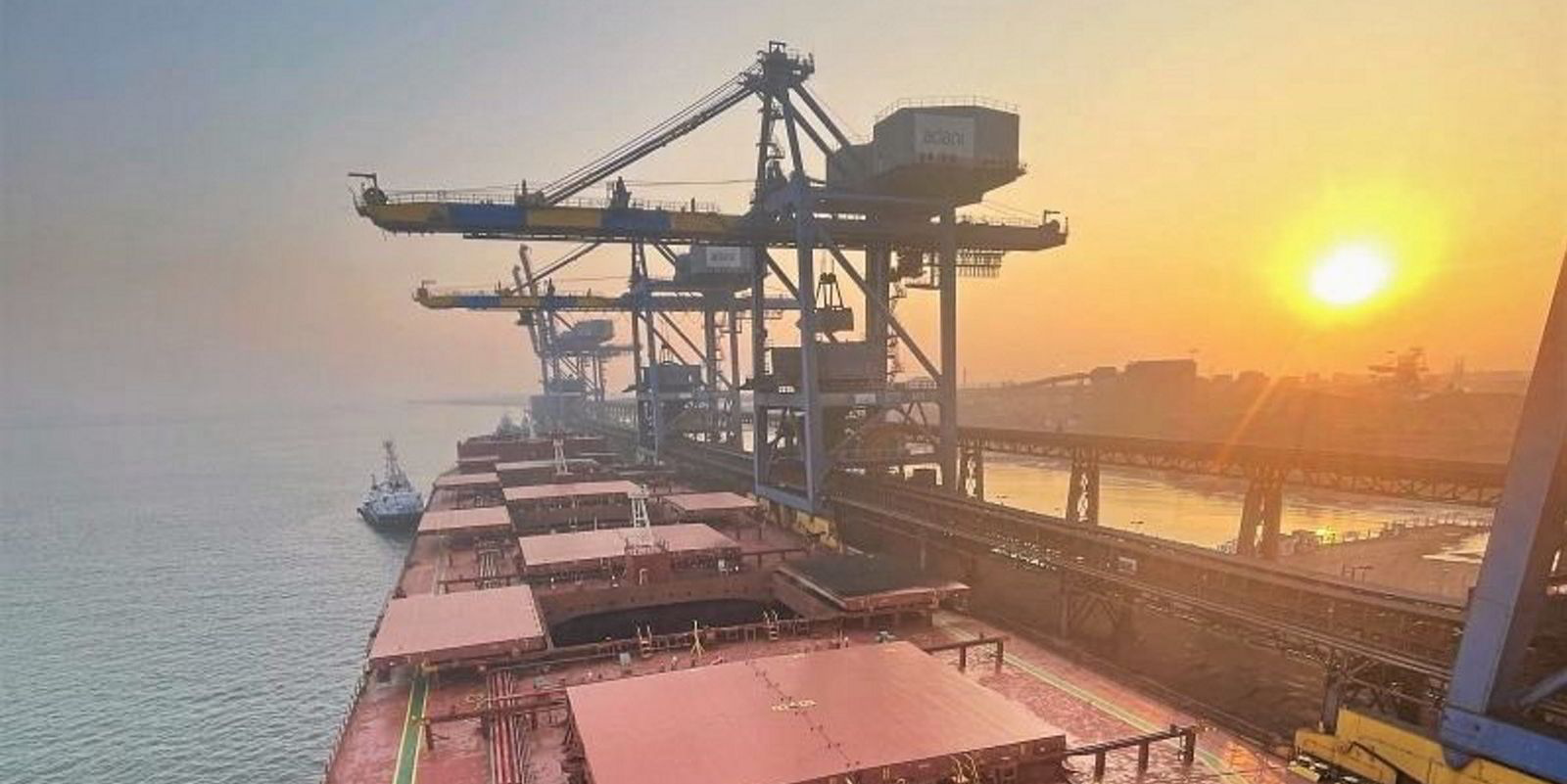Empresa Naviera Elcano, Spain’s biggest shipowner with a history going back 81 years, has decided to offload its two oldest bulkers amid rising values and buying interest for such ships.
Several brokers in Greece, London and the US report two separate deals for the 173,800-dwt Castillo de Valverde and the 173,600-dwt sister ship Castillo de Catoira (both built 2005).
The company has yet to respond to a request for comment.
If confirmed, the sales of the pair to unidentified Chinese interests will boost Elcano’s coffers by nearly $33m in what would be the company’s first bulker disposals in 10 years.
The first transaction reported by brokers on 1 March concerned the Castillo de Valverde, which is said to have fetched about $15.8m.
The second was reported on 8 March at a higher price of about $17m.
The price gap between the two identical vessels reported sold just one week apart may reflect how fast-moving the secondhand market for capesizes has become, amid intense buying interest for such vessels.
Older capesize tonnage has been particularly popular with Chinese buyers.
This has been fuelled by considerable iron ore restocking by Chinese steel makers. Iron ore imports into China increased at an annual pace of 8.1% in the first two months of the year.
Brazil specialists
The Castillo de Catoira and Castillo de Valverde are not scheduled for a special survey before the second half of 2025.
According to Elcano’s latest available annual report for the year 2022, the two vessels operated mainly on Brazilian cabotage iron ore voyages in the first half of that year.
However, they were also active on coal voyages between Asia, South Africa and India, as well as from Colombia to Turkey.
Elcano spent about $130m en bloc to buy both ships in 2006, just one year after Bohai Shipbuilding Heavy Industry delivered them to Hebei Ocean Shipping Co.
Their sale would leave Elcano’s bulker fleet with four baby capesizes built between 2015 and 2022, as well as two panamaxes built in 2012 and 2013.
The company was known in the past to have extensive contracts of affreightment for its bulkers.
Its two modern baby capesizes — the 121,700-dwt Forte dos Reis Magos (built 2022) and the one-year-younger, same-size Forte Sao Marcelo — are on a contract of more than 20 years to supply iron ore to the Pecem steel plant.
Its bulkers apart, Elcano operates four LNG carriers, four chemical carriers, three small LPG carriers, two product tankers and one asphalt carrier.
A sale of Elcano’s two capesizes would mirror the sale of its two oldest MR1 ships, which the company completed in 2022 and 2023 amid rising values for such vessels.
Elcano was established in 1943 and is named after Juan Sebastian Elcano, the Spanish navigator who completed the first circumnavigation of the world as part of the Magellan expedition in 1522.
Initially a shipbuilder as well, Elcano has focused since 1964 on shipping. Following privatisation in 1997, the company increased its fleet and set up subsidiaries in Argentina and Brazil.
Elcano is part of the Vigo-based Nosa Terra group, owned by Spanish shipowner Jose Silveira Canizares. The company is run by chairwoman Rosario Martin Alonso and chief executive Juan Cordeiro Rodriguez.







